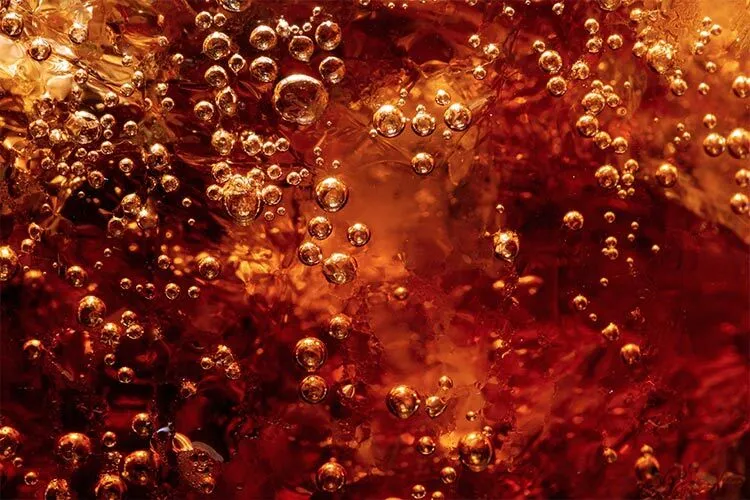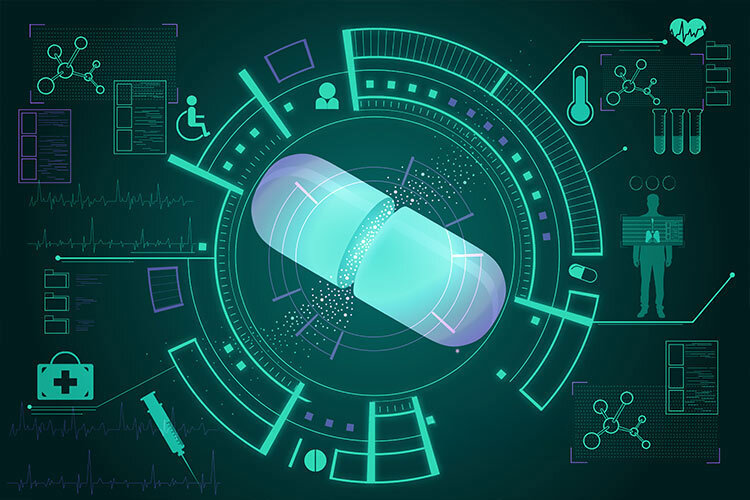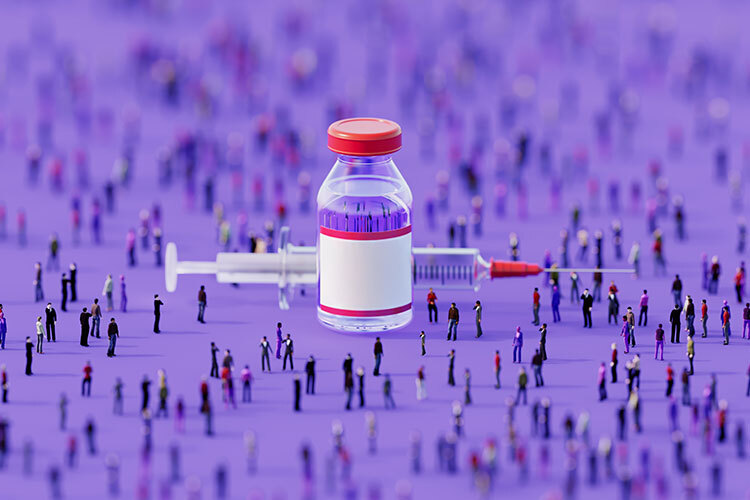A few weeks ago, the International Agency for Research on Cancer (IARC) at the World Health Organization (WHO) classified aspartame −a widely used artificial sweetener− as possibly carcinogenic to humans.
This raised the alarm among consumers, as well as flooding social media with warnings to stop consuming products that contain it. However, different experts have said that there is no reason for alarm.
“The message is not that it is carcinogenic,” says Dixia Ramírez Vega, a professor and clinical nutritionist from the Digestive Health Institute at TecSalud in an interview with TecScience.
Instead, she explains, the classification means there is limited scientific evidence that aspartame could possibly contribute to cancer in people, as well as less than sufficient evidence in non-human animals.
What is aspartame and which products contain it?
Aspartame is an artificial sweetener around 200 times sweeter than sucrose –better known as table sugar– which is why so much less is needed to achieve the same sweetness.
Since its approval as a sweetener in the United States in 1974, it has been used in products such as diet sodas. It is also present in chewing gum, jellies, cookies, and even pharmaceutical products such as cough syrups.
What other products have been classified by the IARC?
After reviewing some studies that linked aspartame consumption with an increased risk of cancer, the IARC issued a report classifying it as possibly carcinogenic to humans, or group 2B.
This group includes other products or substances such as aloe vera, gasoline, and exposure to products used in dry cleaning.
In total, the IARC has four classification groups. Rather than representing how carcinogenic a substance is, these indicate how much scientific evidence there is that it causes cancer.
These groups are: 1 (carcinogenic to humans), 2A (probable cause of cancer in humans), 2B (possible cause of cancer in humans), and 3 (no evidence or not classifiable).
Group 1 includes products such as direct and secondhand tobacco smoke, exposure to the sun, ethyl alcohol, and radiation.
So, should I stop consuming aspartame?
According to Ramírez Vega, we should consider that cancer can be caused by a variety of factors, including the consumption of products such as alcohol and tobacco, exposure to the sun, leading a sedentary life without exercising, or having some genetic predisposition.
“You have to be very honest with this issue and not want to attribute the development of this disease to a substance [like aspartame],” she said.
In addition, it is important to note that this classification does not change the recommended limit for daily intake of the sweetener, which is 40 milligrams per kilogram of weight per day.
For a person who weighs 60 kilograms to exceed this limit, they would have to ingest more than 2.4 grams of aspartame −equivalent to about 12 cans of soda− a day.
“It’s a lot of aspartame. The truth is that we would have to consume too much [to exceed those amounts],” said the expert.
However, she warns that this does not mean that the consumption of aspartame or other artificial sweeteners should be promoted, since evidence has been found that their sweet taste means consuming them sends signals to our cells and brain to prepare to receive those calories.
When these do not arrive, it has been observed that there is an increase in fat accumulation, more significant inflammation, an increased risk of developing insulin resistance, and intense cravings for sweet products, among other things.
In addition, the WHO has also warned that there is no evidence of these products helping to control weight in the long term, so the expert recommends eating a balanced diet and moderating the consumption of products with aspartame and diet products in general. If possible, it’s better not to consume them.
Nevertheless, before changing your diet or replacing diet products with regular ones, it’s important to consult with your doctor or nutritionist.
“We can take care of our diet without consuming diet products,” she said. “You have to protect yourself by having healthy habits and not abusing these products.”




















